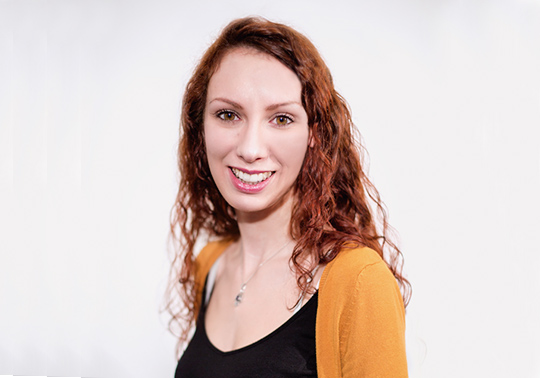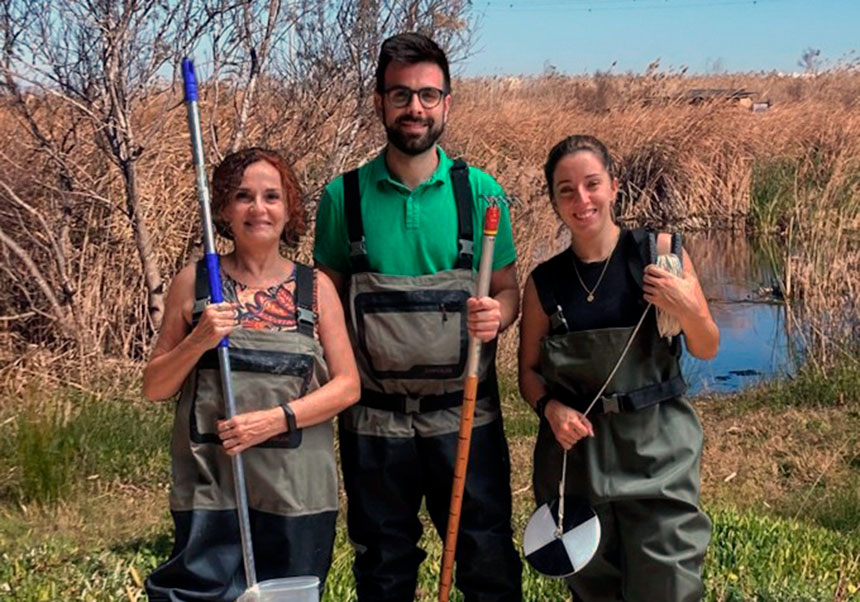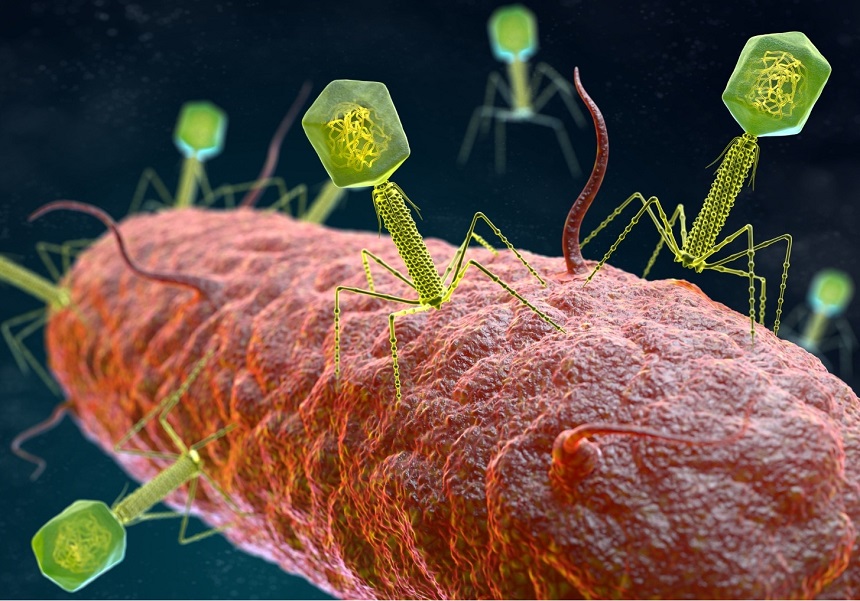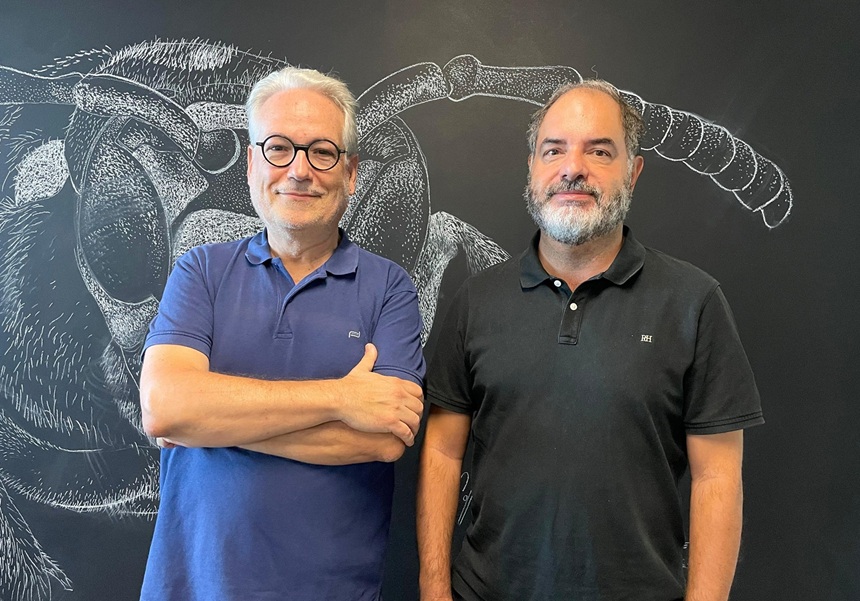A new European accreditation system is promoted for health professionals and other carers
- April 5th, 2016

The Research Institute on Social Welfare Policy of the Universitat de València participates in the ALTAS project which seeks to improve the training of these professionals. Among the associate of the project is the SABIEN-ITACA group of the Universitat Politècnica de València. According to the researcher of the Universitat, Ascensión Doñate, the objective is to give the professionals the knowledge to use devices and appropriated services in the area of technology in assisted living.
To promote an European accreditation system for professionals and other carers who take care elderly people or people affected by long-term illnesses and to improve their assistance training as well as the use of devices and new technologies for assisted living. This is the objective of ALTAS, a European project funded by the programme Erasmus+ (ref. 2015-1-UK01-KA202-013710) among its associates are the Research Institute on Social Welfare Policy of the Universitat de València and the SABIEN-ITACA group of the Universitat Politècnica de València.
As the responsible of SABIEN-ITACA of the UPV, Vicente Traver, indicates, several provider of services, universities and associations are currently working together in Europe to extend the combination of intelligent solutions which allow to face the demographic challenge which suppose the progressive ageing of population, as well as the adoption of innovative solutions for elderly people who suffer long-term illnesses.
“Hardly there are a training provision for professionals of the area of assistive living technologies (ALT), and neither a recognised qualification in this competence. As a result, there is a lack of knowledge about what ALT are, which technologies are available, what we can do with them, when they are suitable and who can benefit from their use. On the other hand, in an European level there is not any rule or consensus about what must by taught in this regard”, expains Vicente Traver.
This way, in the framework of this project, associates are working in the writing of a new regulation proposal as well as in the launching of training action, on-site or on-line by MOOCs courses.
“Our objective is to give professionals the knowledge to use, implement and recommend devices, technologies and appropriated services in the area of ALT. Apart from lay the the foundations for a national and international accreditation of professionals who work in this area with common contents to a training in an European level above singularities of each country.
The head of SABIEN-ITACA highlights the importance of the project for the training and recognition of carers without professional recognition.” In Spain, for example, according to the dependence law, in order to earn a plus for caring your relatives it is necessary to have a minimum of training hours related with it, but the law has not been elaborated yet. There are doubts about which type of training who accredits it. ALTAS expect to improve the training and lay the foundations of a future accreditation of the competences of this group”, says Traver.
The coordinator of the project, Dave Horsfiel, of the NHS Liverpool CCG, points that the work which is performed will directly revert to a better attention for elderly people and other groups, and this way, their quality of life.
Categories: Projectes Europeus , Institut Universitari d'Investigació de Polítiques de Benestar Social (Polibienestar) , Recerca, innovació i transferència
















